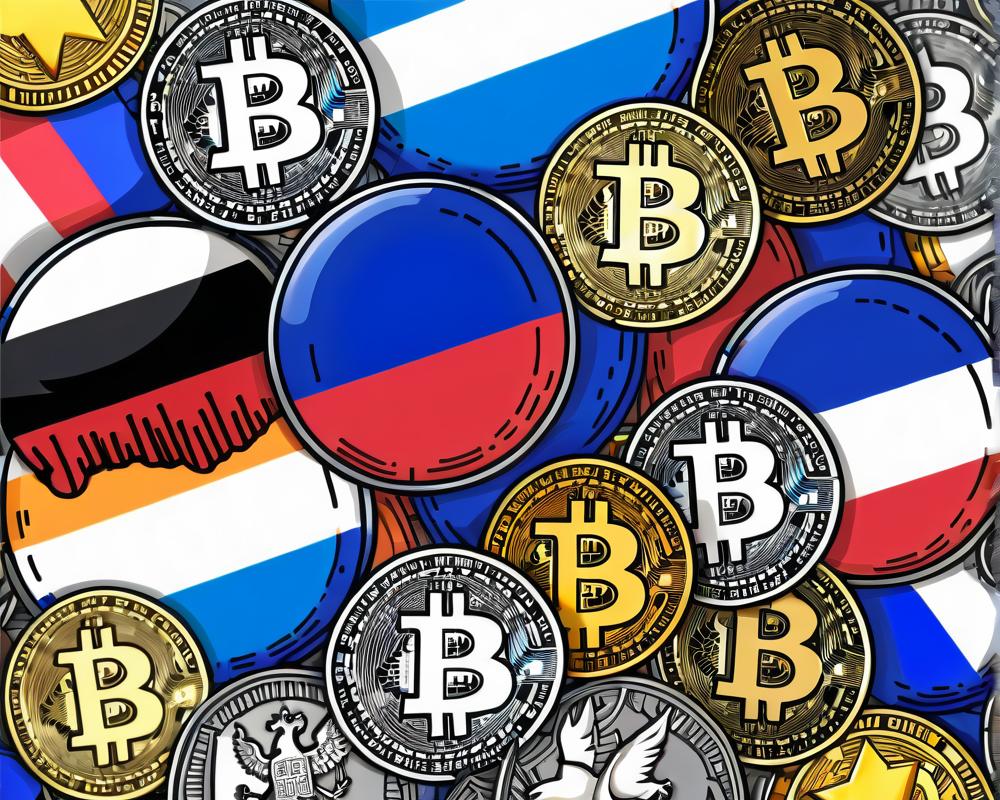Russia’s Cryptocurrency Journey
Russia has always seemed to play a game of charades when it comes to cryptocurrency: one moment it’s saying yes, the next it’s slapping on a big, fat no. And now, with officials debating legal statuses and operating frameworks, the plot thickens.
The Push for a Regulated Crypto Exchange
Enter Anatoly Aksakov, head of the Russian Banking Association, who recently threw the weight of his parliamentary influence behind the Moscow Exchange (MOEX) as the best spot for a regulated crypto exchange. He came out swinging at a press conference, declaring that a crypto division at MOEX could indeed follow the rules set by the Bank of Russia.
- Built on Tradition: Aksakov believes that the MOEX, with its long history and established credibility, is uniquely qualified to manage the complexities of cryptocurrency.
- Aligning with the Bank: He emphasized that any new division needs to strictly adhere to the guidelines from the Russian central bank.
Conflicted Signals from the Authorities
However, while Aksakov advocates for this step, there’s a huge caveat—Elvira Nabiullina, governor of the Bank of Russia, continues to emit warnings about the dangers of cryptocurrencies. “These assets are too volatile, too risky for potential investors,” she stated, clearly reminding everyone that it’s not all rainbows and butterflies in the crypto world.
International Influences and Comparisons
Looking at the larger picture, other countries are leaping ahead with regulated crypto initiatives. Take Canada’s Toronto Stock Exchange, which was the first to list a Bitcoin ETF, or Germany’s Deutsche Boerse, which has embraced digital asset investments. So, what’s holding Russia back? If global exchanges can make this work, why can’t Russia? Perhaps the fear of volatility has given our local authorities cold feet.
The Reality of Crypto Trading in Russia
Despite the mixed signals from the government, Russians have been diving headfirst into cryptocurrency investments through non-legalized platforms. “We can’t have a regulated exchange, but we can still find ways to trade,” seems to be the unofficial mantra. This is leading to a growing reliance on foreign platforms like Binance, causing a whirlwind of unregulated trading that makes the authorities pull their hair out.
Conclusion: Where Do We Stand?
So, where does that leave us? The future of crypto in Russia remains a turbulent issue, with ongoing debates among lawmakers over regulations and operational frameworks. It seems like a wait-and-see game while Russians continue to dip their toes—but how long will they hold their breath?




